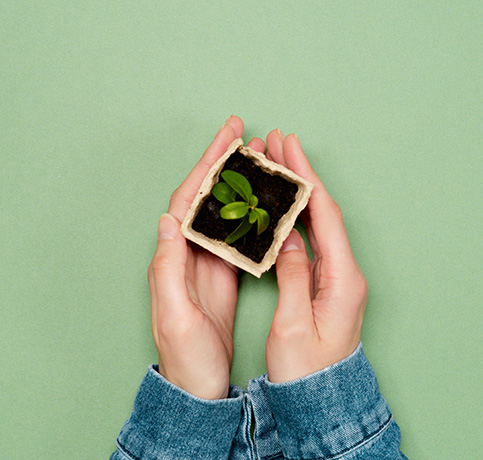Fertilizing the Lawn
Frequently Asked Questions About Fertilizing The Lawn
WHAT KIND OF FERTILIZER SHOULD I USE?
- Use only a slow release nitrogen granulated fertilizer. Never use quick release nitrogen granular or liquid fertilizer. Do not use an "Weed and Feed" products.
WHEN SHOULD I FERTILIZE AND HOW MUCH SHOULD I USE?
- If your soil is bad fertilize twice, once in the spring and once in the fall. If your soil is good (most is not) only in the fall.
SHOULD I PUT LIME ON MY LAWN IN THE SPRING?
- Only if a soil test shows that your soil is very acidic.
BE SURE TO TAKE NOTE OF THE DIFFERENCES BETWEEN HAVING POOR SOIL AND HAVING GOOD SOIL.
When you finish learning all you need to know about fertilizing your lawn, you may wish to see our file about How To Choose A Lawn Fertilizer. Then when you are ready to buy some fertilizer for your lawn check out the files in Lawn Fertilizer Products in Yardener’s Tool Shed BEFORE you go to the garden center. You will then be an educated customer when you go fertilizer shopping.
Most of the various types of lawn grasses available to American homeowners are not plants that are native to the US. They need a diet richer in nutrients than is naturally available in most areas, especially on residential properties where the best soil is often removed by the builder prior to construction. The remaining soil lacks organic matter and its resident organisms that generate and convert nutrients into a form that grass can use.

Therefore, American homeowners who want healthy lawns must provide extra doses of the three key nutrients--Nitrogen (N), Phosphorus (P) and Potassium (K)--to the soil so it can support a healthy lawn. Grass uses nitrogen for foliage production, phosphorus for root and seed development and potassium for maintaining general vigor. Frequent applications of nutrients in the form of a balanced granular fertilizer will help compensate for poor soil. Fewer applications are needed to supplement the nutrients that already exist in relatively good soil.

